The UK’s Screen Sector tax breaks are successful in attracting international film & TV production, but as other territories also seek a piece of that action, we must ensure UK VFX companies remain globally competitive.

In 2024, the four UK screen sector tax credits for film, high-end TV, children’s TV and animation, were modernised and combined into a single tax system, the Audio Visual Expenditure Credit or AVEC.
Visual Effects (VFX) does not have its own bespoke UK tax incentive. Instead tax relief on VFX spending in the UK can be claimed via the AVEC. It is also entirely possible to claim tax relief on projects where the only UK spending is for VFX.
Current position
Productions can claim 25.5% tax relief on their UK spending via the AVEC. However, the relief is capped once a production has spent 80% of its budget in the UK. Any UK spending beyond 80% receives zero relief. Often this impacts the VFX spending in the UK, a part of the production process which is easily transferred to another territory, where further tax incentives can be claimed. The cap therefore actively disincentivises productions from remaining in the UK for VFX if they have also filmed here. Highly credible research estimates that over £350 million per year of VFX work is being performed outside the UK on productions that have filmed in the UK and claimed UK tax credits.
We have for many years campaigned to get the cap removed for the VFX spend and for a more competitive rate of credit. This would allow the VFX industry to achieve its full potential, stimulating economic growth, innovation and the creation of highly skilled, highly productive jobs in the UK. The tax receipts to the Treasury as a result of the increased economic activity would be greater than the cost of the incentive, making it self-funding with zero cost to the taxpayer.
In the Budget Statement of March 2024, we were successful in persuading the Chancellor of the Exchequer to announce that from April 2025, the VFX spend only will attract a rebate of 29.25% net and will be immune from the 80% cap on eligible expenditure. We estimate that this will attract £175 million per year of additional VFX spending, an increase of over 45%. This will create 2,000 new jobs directly and 800 indirectly.
There remains some outstanding issues.
The Treasury proposed to exclude costs relating to Generative AI from the VFX uplift. We responded to their consultation by opposing this as it will cost UK jobs rather than create them. It is not compatible with the governments investments in R&D in this area. It will be highly problematic and expensive to audit.
The General Election that was announced on May 22nd 2024 and the potential change of government may delay the outcome of the consultation and legislation for the VFX tax uplift was not included in the Finance Bill, which passed through parliament in the final hours of the Conservative government. We have been campaigning for opposition parties to also support the VFX uplift. In March, Labour produced a Creative Industries plan which welcomed the Spring Budget changes and therefore there is optimism that the VFX uplift will be passed should they gain power. We will be pressing them to do so.
The new Independent Film Tax Credit (IFTC) for films with limited budget of under £15 million, does not have an exemption for VFX spend from the 80% cap on total eligable expediture. Our intent is to fix the cap problem for all budget levels, as VFX for limited budget film is often serviced by smaller VFX biutiques, which are often outside of London. We will gather evidence to make the case for including a VFX exemption from the cap in the IFTC.
Past successes
We were part of the TV Coalition which lobbied for the introduction of tax relief for High End TV drama.
In 2013/14 UK Screen successfully campaigned to reduce the threshold for the minimum UK spend to allow more VFX-only projects to qualify for tax relief. Previously this threshold had been set at 25% and we argued that projects which had been shot elsewhere in the world were not choosing the UK for post and VFX because they were not meeting the minimum spend requirement. Alongside this change, UK Screen also proposed changing the cultural test such that there would be extra points for performing VFX work in the UK. The government agreed and introduced the necessary legislation to reduce the threshold to 10% and to reform the cultural test.








